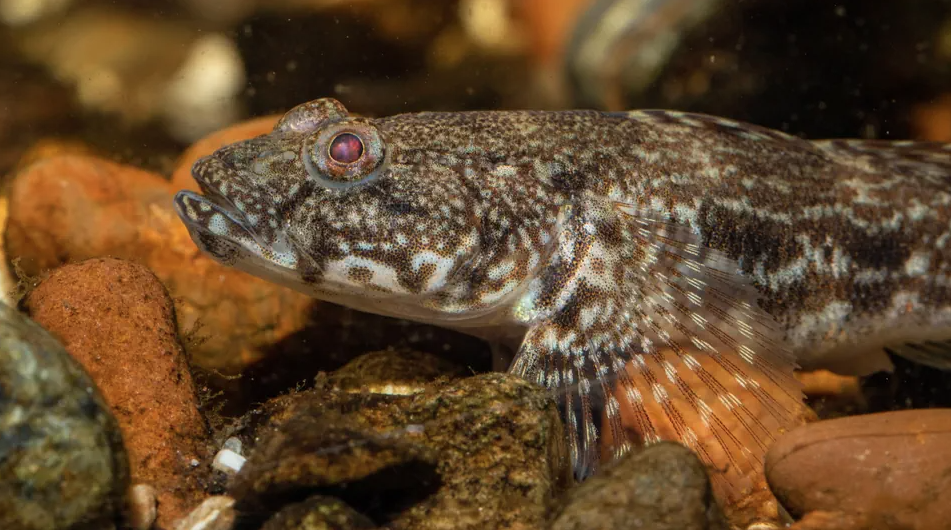
Invasive Black Sea goby threatens Swiss native fish species

Introduced by cargo ships, the Black Sea goby is rapidly and aggressively displacing native Swiss fish. Can it still be stopped?
The goby actually originates from the Black Sea. But because all the major river systems in Europe are connected by canals, the fish has also reached the Rhine and is advancing further and further upstream. This is a major problem, as the Black Sea goby is displacing the native fish species.
Since the 1990s, various gobies species have been spreading worldwide as invasive fish species. They have been detected in the Rhine near Basel since 2011. These fish are considered to be particularly predatory. They eat many small animals, which leads the native fish to have a reduced food supply. These species also eat juvenile fish and spawn of native species, further reducing the native fish numbers. In the Rhine River, gobies are now more common than any other fish species.
Observations from other countries have caused Swiss experts to sound the alarm. The rapid spread could threaten rare species such as Thymallus, or graylings, and chondrostoma nasus, common nase, in Swiss rivers and lakes and is therefore an ecological threat. But it is also about whitefish species, which are economically important for fishing.
The gobies must therefore be stopped demands the Aargau cantonal government. It has decided that the fish ladder, a structure on or around artificial and natural barriers to facilitate a fishes’ natural migration, at the strategically important Klingnau power plant will be taken out of operation for the time being.

This is because the Klingnau power plant is effectively the gateway to the Central Plateau: fish from the Rhine can be stopped here before they continue up the Aare River into the Reuss and Limmat rivers, and from there into countless tributaries and lakes. “If the gobies get into the Aare, then they have access to the whole of Switzerland,” says Jonas Ruckli, the project manager responsible, to Swiss public television, SRF.
The invasive fish not only migrate on their own: they are also spread by humans. For example, they can be released from aquariums, or the goby eggs can be spread by boats into various bodies of water. For this reason, many cantons in Switzerland have implemented regulations and awareness campaigns. One of the regulations implemented states that boats must be cleaned before entering the water.
Nevertheless, the closure of the fish ladder at the Klingnau power plant is necessary, according to the Aargau cantonal government. The order will initially be limited to one year and could be extended if necessary.
The Black Sea gobies were originally at home in the Danube River. With the opening of the Rhine-Main-Danube Canal in 1992, the fish began to spread via the ballast water carried by the cargo ships.
Adapted from German by DeepL/amva

In compliance with the JTI standards
More: SWI swissinfo.ch certified by the Journalism Trust Initiative





























You can find an overview of ongoing debates with our journalists here . Please join us!
If you want to start a conversation about a topic raised in this article or want to report factual errors, email us at english@swissinfo.ch.